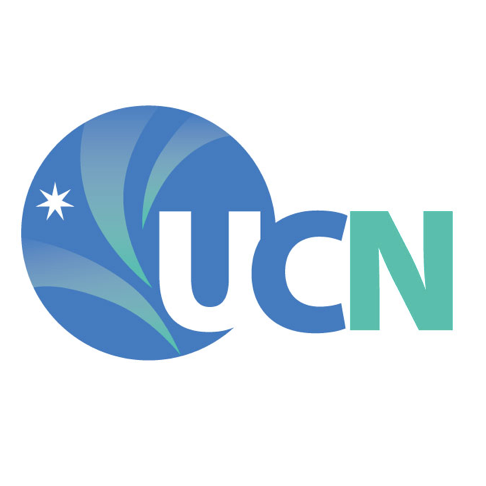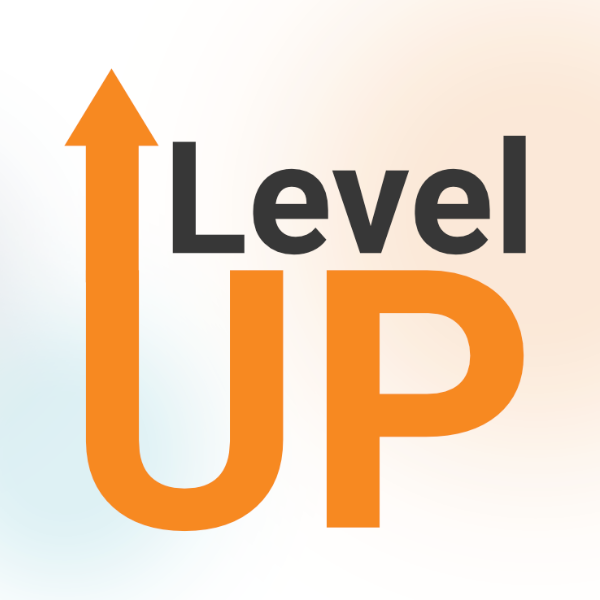- Location
- Thompson, Manitoba, Canada
- Portals
-
-
 The Pas, Manitoba, Canada
The Pas, Manitoba, Canada -
 Vancouver, British Columbia, Canada
Vancouver, British Columbia, Canada
-
Achievements
Latest feedback
Recent experiences
Sep. 2024 University College of the North Level UP
Welcome to Level UP , powered by Riipen! This innovative program connects employers with Canadian post-secondary students for 60-hour paid projects. Students receive $1,400 CAD from Riipen upon successful project completion. This is a private Level UP experience available only to the University College of the North students and employers. Employers Here’s how it works: Request to match your project to this Sep. 2024 University College of the North Level UP cycle. The Level UP team will review and either accept your match or request slight changes. Once your project is matched, students will apply to work on the project with you. You will review applications, and select the student(s) that you feel will be the best fit with your project. The student will set the team start and end dates in collaboration with you. They will need to hit “start project” on the Riipen platform and submit all deliverables including 60 work log hours before the end date. The Level UP team will review their project submission & deliverables, before processing payment. Ready to Level UP your work projects with the Sep. 2024 University College of the North Level UP experience? Start here . Opportunities are limited and this Level UP funding cycle will close once filled. For more on how to get started, check out this article - Getting Started With Level UP: Employers. Students STUDENTS MUST BE ELIGIBLE & INVITED TO JOIN LEVEL UP. Students can request access & confirm eligibility to this program here . For further guidance, visit our help article - Getting Started with Level UP: Students. Important Dates September 2024 - Employers will be invited to match their projects with Level UP. The Level UP team will work with employers to match projects. You will not receive any student applications during this time. October 2024 - Students will be invited to join Level UP. Students will apply to projects, and employers can accept or decline applications. Projects can start immediately upon acceptance. Our help articles in the Level UP Help Centre will help you get started.
Collaborate with Students on Decolonized Research Projects
ANS 3100
The University College of the North invites you to collaborate with our students enrolled in the Research Methods in Aboriginal and Northern Studies 2 course. These students are learning to apply decolonized research methods to real-world environmental issues, including oral history, storytelling, photovoice, and archival research. The course also emphasizes the importance of working with Indigenous communities, ensuring that research is conducted ethically and in line with community-specific protocols. We are seeking employers who can guide students throughout their projects, providing regular communication and feedback.
Office Administration and Clerical Support
MGT.1840
This course prepares students for clerical and office administration roles by giving them practical skills they can apply to real projects. Students have experience in managing schedules, planning meetings, handling mail and travel arrangements, and using office equipment. They are also trained in professional communication, ethical workplace behavior, and resolving conflicts. With these skills, students can take on tasks like improving office workflows, organizing meetings, creating travel plans, formatting documents, data entry, typing documents and designing flyers. Employers will benefit from fresh ideas and quality work while helping students gain valuable real-world experience. Regular feedback and communication from employers will make this collaboration successful.
Exploring Environmental Solutions Through Indigenous Perspectives
ANS 2400
This Northern Manitoba First Nations and Environment course covers contemporary environmental issues, the impacts of modernization, and potential solutions through the lens of Indigenous philosophies, particularly those of the Cree, Oji-Cree, Dene, and other First Nations. Student analyze and address environmental challenges while respecting the sacredness of land and integrating diverse perspectives from elders, academics, and Aboriginal politicians.
